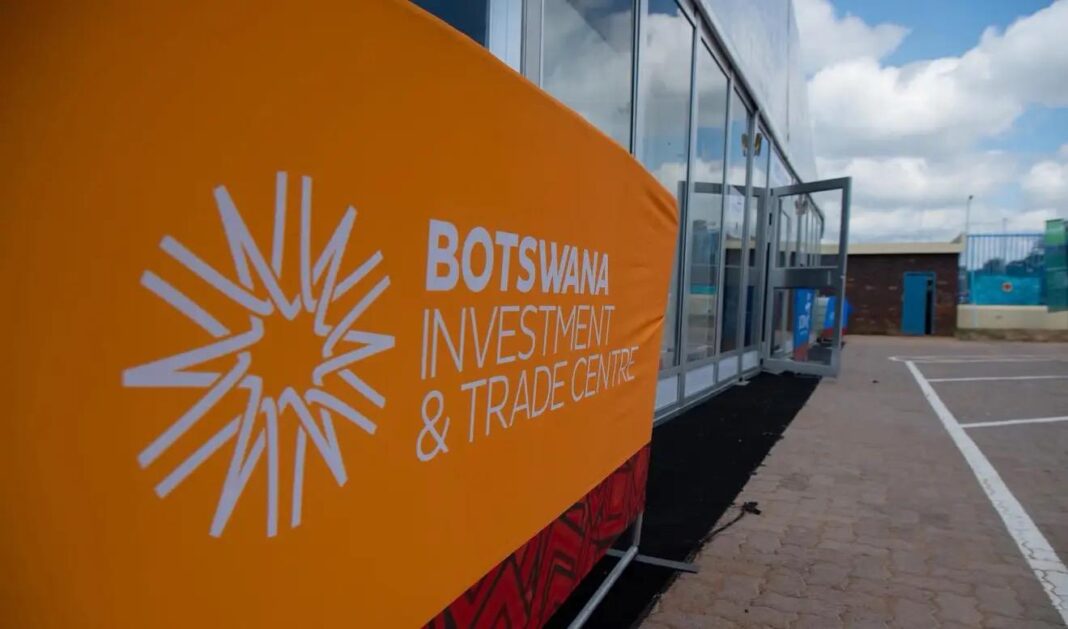Businesses across Botswana have expressed cautious optimism about the country’s economic outlook for 2025.
This was revealed in the recently published Bank of Botswana report dubbed “The Quarterly Business Expectations-March 2025.”
According to the Business Expectations Survey (BES), businesses are generally optimistic about growth in 2025. The BES stated that firms from Retail, Accommodation, Transport, Communications, Manufacturing, and Mining and Quarrying were hopeful for a turnaround of fortunes amidst overall cost pressures.
Covering over 100 firms across 13 key sectors, the March 2025 report shows that while confidence remains generally positive—particularly in the retail, transport, accommodation, and manufacturing sectors—sentiment has softened slightly compared to late 2024.
According to the BES, firms anticipate a moderate economic recovery, projecting a 1.9 percent GDP growth for 2025, a rebound from the 3 percent contraction recorded in 2024. However, this is still below the Ministry of Finance’s more optimistic 3.3 percent projection.
The report highlighted that cost pressures are expected to ease in the first quarter, driven by anticipated reductions in input costs such as materials and wages. Inflation is forecast to remain within the central bank’s target range of 3 to 6 percent, averaging 3.9 percent in 2025 and 3.7 percent in 2026.
Further, despite expected increases in lending interest rates across all markets, borrowing volumes are also projected to rise, suggesting continued investment activity. Most firms continue to favor domestic and South African credit markets due to better access and availability, noted the BES.
The report also highlights retained earnings as the dominant source of business financing, with loans and equity playing supporting roles.
Nonetheless, challenges remain. The exchange rate was cited as the most adverse factor impacting operations in the first quarter, while the availability of raw materials also emerged as a key concern. In contrast, firms found the political climate, electricity and water supply, and government spending to be supportive.
“While the report indicates a tempered business outlook compared to the previous quarter, the projected recovery and stable inflation suggest growing resilience in the domestic economy,” said the report.
The report concludes that ongoing government reforms—ranging from youth entrepreneurship programs to investments in green and digital economies—could help sustain optimism and drive economic momentum into 2026.



